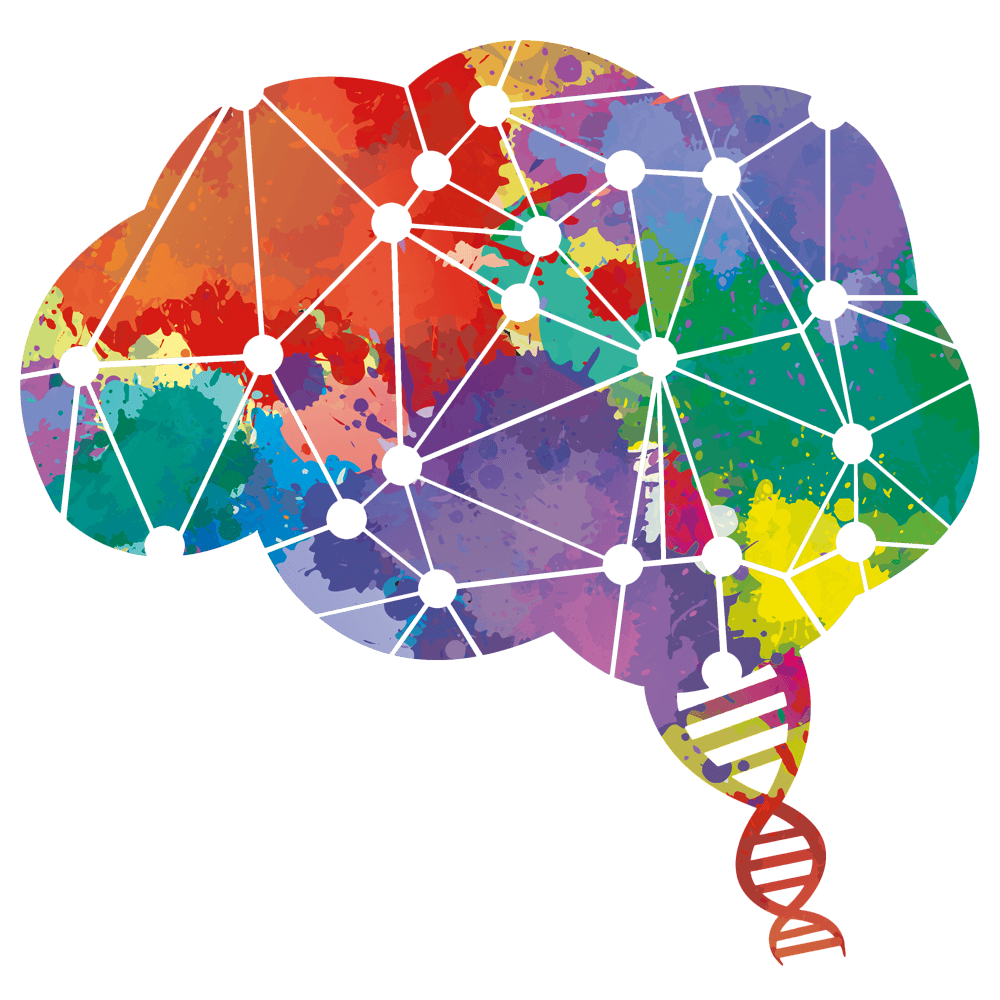Recently, BRAINSCAPES PI Dr. Ingo Willuhn and his team were awarded an NWO VICI grant for their research into the function of serotonin and dopamine across brain regions. While there are already quite extensive insights into the individual action of these two neuromodulators, there is little understanding of the combined effects of these two systems on the brain. The VICI grant will allow Dr. Willuhn and his team to study interactive dopamine and serotonin signals in multiple brain regions. With this they aim to improve knowledge on the neurobiology of dysregulated behaviors, such as impulsivity which is a core symptom of several psychiatric disorders. Thus, ultimately, the findings may lead to the improved treatment of psychiatric disorders. Now that the good news has been received, Dr. Willuhn is organizing things to get started on the research. We have asked him a few questions on how things are going.

First of all, our congratulations for the VICI grant, which is an important recognition for the very good research you and your team are performing. Could you maybe tell how the foreseen studies on the synergistic effect of serotonin and dopamine relate to the current work you are performing in the BRAINSCAPES project?
I believe that there are a couple of intersections between my VICI grant and the BRAINSCAPES project. First, impulsivity is a core symptom of disorders that the BRAINSCAPES project is heavily invested in: binge eating and substance abuse. According to one (simplified) view, dopamine and serotonin are at opposite ends of the spectrum when it comes to patience. The former may drive impulsive action, whereas the latter may support patience. Understanding such a basic building block of behavior (e.g., https://www.nimh.nih.gov/research/research-funded-by-nimh/rdoc) is thought to improve the discovery of neural correlates of behavior that will serve the deciphering dysregulation in psychiatric illness. Second, my VICI grant is interesting for BRAINSCAPES from a methodological point of view: My lab will use and further develop in-vivo calcium imaging for the VICI grant, as well as other genetically coded sensor. This knowledge and expertise will be freely shared with other BRAINSCAPES members. Similarly, we will custom-design new complex behavioral tasks for rodents that we are happy to share with others.
Can you tell us why the effects of these neuromodulators have been mostly studied individually until so far, and not simultaneously?
I think there are two reasons for that. One is of historical nature: Research lines into dopamine and serotonin have been pursued separately for a decades. Different scientists, different experimental designs, different behavioral tasks etc. were the norm. The other reason is of methodological nature: Only over the past few years it has become more feasible to measure the two neuromodulators simultaneously. And yet, it will still be a challenge to do so. We will tackle this challenge both with genetically encoded sensors as well as with electrochemical means to do so.
VICI grants are typically awarded for a period of five years. Probably a lot of things do need to be organized before you can start. What are currently the top-priorities? And where will you make a first start to untangle the mechanisms behind dysregulation?
My top priority right now is to find the right people to perform the experiments and to bring the needed ideas and talent to the table! We have done a bunch of interviews at this point and were lucky in finding great individuals. We are near the end of the hiring process now. Furthermore, I am in touch with collaborators that provide technical as well as theoretical support to get everything started, so that the new people will hopefully hit the ground running. Dysregulation will be tackled once we have the tools and paradigms up and running.
I learned that recently you have become a father. So, congratulations with that as well! How are you experiencing this first period of joy (and sleepless nights)?
Thank you! Haha, yes, sleep is not always in great supply, but our son is slowly increasing the duration of his sleep bouts. Fingers crossed. He has the uncanny ability to make all our efforts forgotten with one big (toothless) smile though. He is now almost 10 weeks old and steadily becoming chubbier and more interactive. It really is a joy. It already feels like he has always been here!
Dr. Ingo Willuhn is group leader at the Netherlands Institute for Neuroscience and Associate Professor at the Psychiatric Department of Amsterdam UMC. Also, he is one of the principle PI’s of the NWO Gravitation project BRAINSCAPES.

